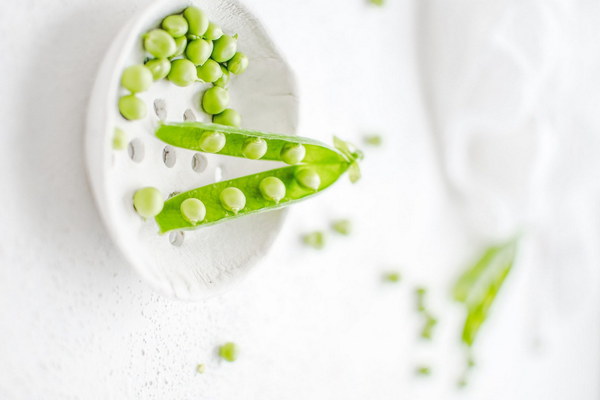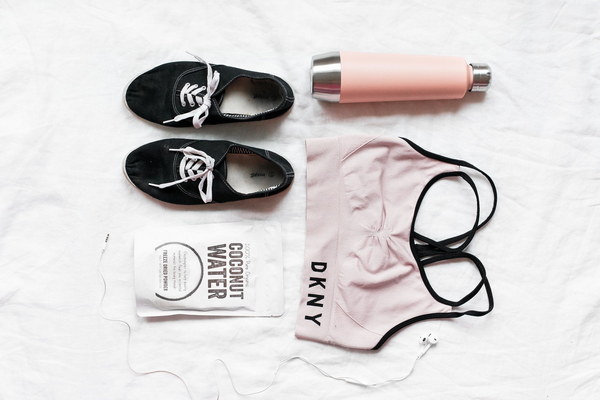Post-Neuter Care How to Keep Your Kitten Healthy and Happy
After the neuter surgery, your kitten will need special care to ensure a smooth recovery and maintain its overall health. Here's a comprehensive guide on how to take care of your furry friend during and after the surgery.
1. Post-Surgery Monitoring
1. Follow the Vet's Instructions: Adhere strictly to the veterinarian's post-operative care instructions. This includes administering any prescribed medications, such as pain relievers or antibiotics.
2. Rest: Ensure your kitten has a quiet, comfortable, and well-ventilated space to rest. Avoid any unnecessary movement or excitement, as the healing process can take several weeks.
3. Monitor for Complications: Keep an eye out for signs of infection, such as swelling, discharge, or a foul odor from the incision site. If you notice any concerns, contact your vet immediately.
2. Pain Management
1. Medications: Pain management is crucial after surgery. Administer prescribed pain relievers as directed by your vet. If your kitten is particularly sensitive to pain, discuss alternative options with your vet.
2. Comfort Measures: Provide a soft, supportive bed for your kitten. You can also use a heating pad (on a low setting) to alleviate any discomfort.
3. Diet and Hydration
1. Nutrition: Feed your kitten a balanced, high-quality diet to support its recovery. Avoid feeding it any treats or human food until your vet gives the okay.
2. Hydration: Ensure your kitten has access to fresh water at all times. Dehydration can delay the healing process, so it's essential to keep your kitten well-hydrated.
4. Grooming and Hygiene

1. Incision Care: Keep the incision site clean and dry. Change the bandage as directed by your vet or when it becomes soiled. If the bandage is not required, gently clean the area with a damp cloth.
2. Wound Healing: Your kitten's wound will heal over several weeks. Avoid any activity that may cause it to rub or scratch the area. If the wound becomes inflamed or infected, contact your vet.
5. Activity Level
1. Limit Activity: Restrict your kitten's activity level for the first few weeks after surgery. Allow it to move around gently but avoid any jumping, running, or rough play.
2. Gradual Increase: As your kitten recovers, gradually increase its activity level. However, be mindful of any signs of discomfort or pain.
6. Follow-Up Appointments
1. Keep Appointments: Attend all follow-up appointments with your vet. These visits are essential to monitor your kitten's recovery and address any concerns.
2. Vaccinations and Preventive Care: Continue with your kitten's regular vaccination and preventive care schedule to keep it healthy.
By following these guidelines, you can help your kitten recover quickly and maintain its health after neuter surgery. Remember, patience and care are key to ensuring a smooth and successful recovery for your beloved pet.
In conclusion, post-neuter care is essential to ensure your kitten's well-being. By monitoring your kitten's recovery, managing pain, maintaining a healthy diet and hydration, ensuring proper grooming and hygiene, limiting activity, and attending follow-up appointments, you can help your furry friend thrive. Remember, a healthy and happy kitten is a testament to your love and dedication as a pet owner.









